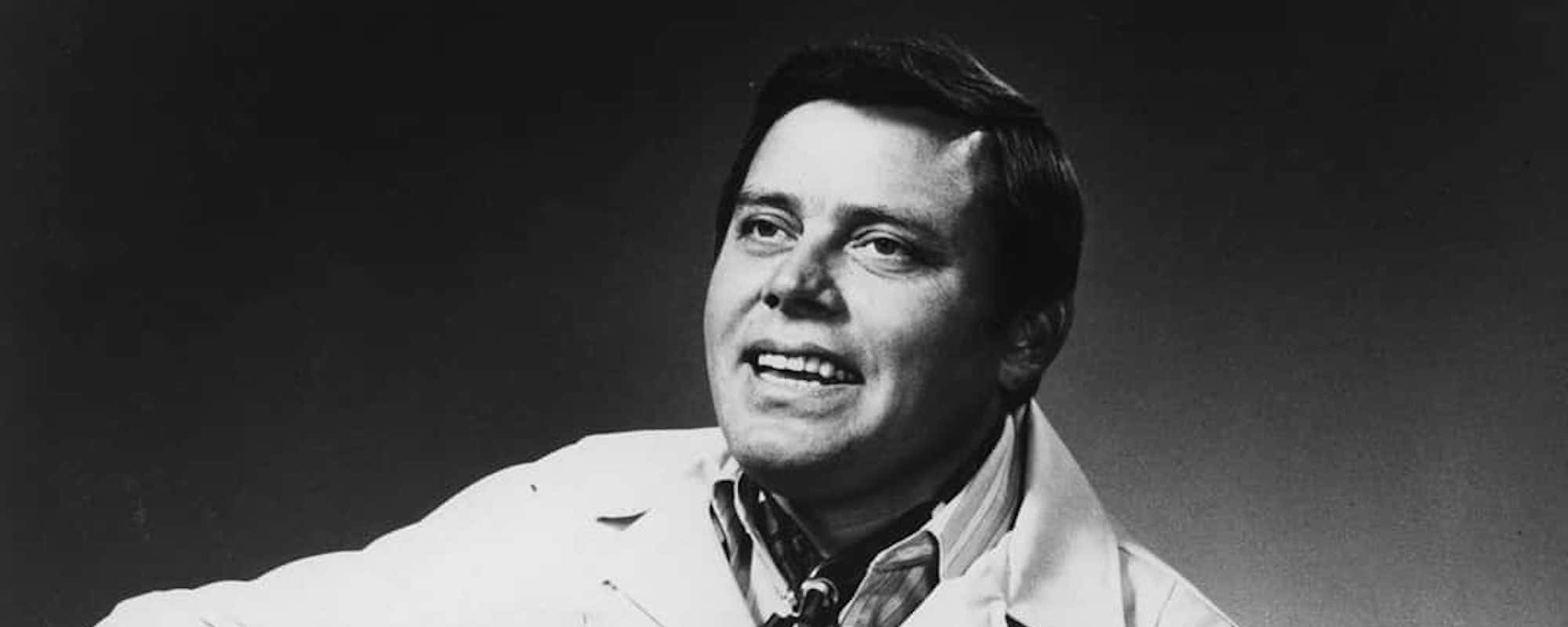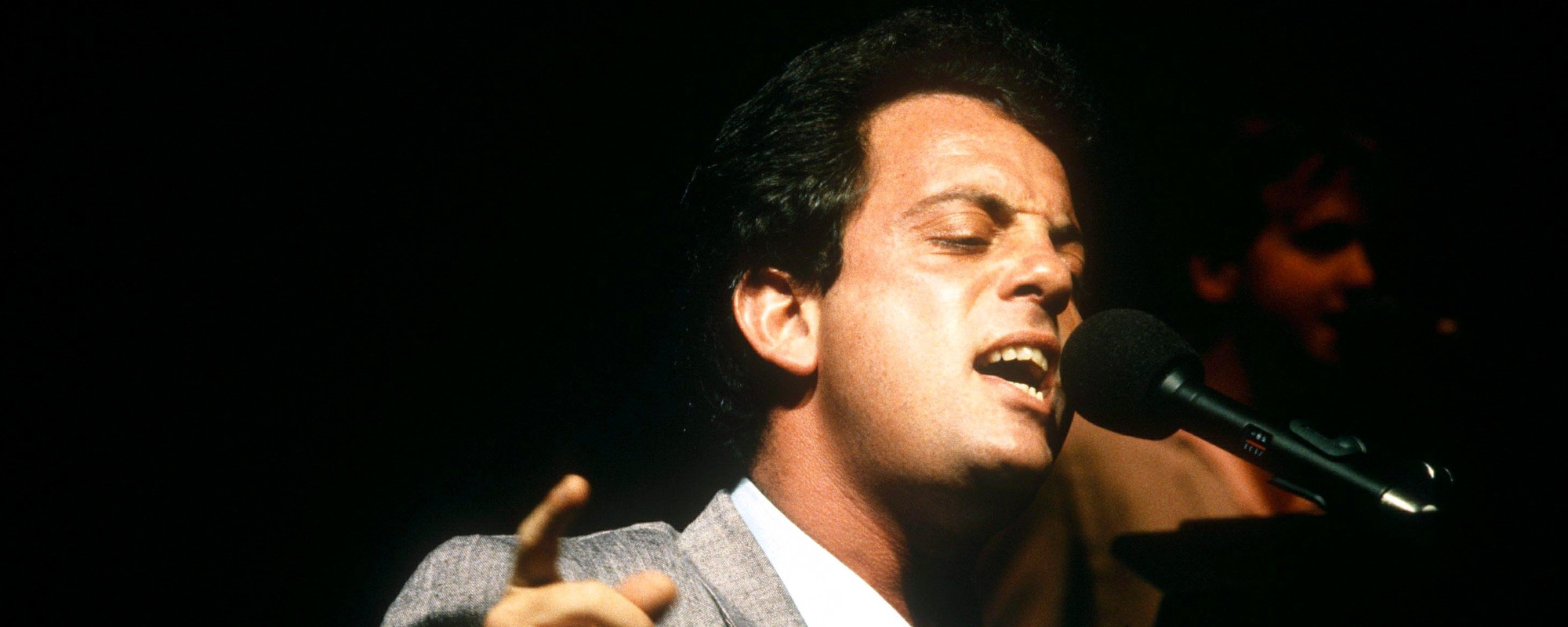Protest songs take on a variety of forms. Songwriters can go the direct route and call out the issues that they want to tackle in their lyrics. The tricky part with this method is that the emotions of the writer can overwhelm the craft of the song.
Videos by American Songwriter
Another way to do it is to touch on the subject via a story that elucidates it. That’s what Tom Waits chose to do on his moving 2004 song “Day After Tomorrow”. The song makes its antiwar point via the tale of one stranded soldier dreaming of his homecoming.
Search for ‘Tomorrow’
When Tom Waits releases a traditional album, it’s an event. Waits spent a lot of time over the last few decades writing songs for operas and plays. And he’s released that material on albums like The Black Rider and Blood Money.
If you take projects like that away, Waits has only given us two typical albums since 2000: Real Gone in 2004 and Bad As Me in 2011. The former found him, as usual, collaborating with his longtime partner Kathleen Brennan on the writing and producing of the record.
Like most of Waits’ albums since the 80s, Real Gone features him playing his brand of chaotic blues, characterized by unusual rhythmic twists and his cantankerous, whimsical vocals. One area where it differed: Waits’ decision to write a few songs that one would consider topical, with the epic “Day After Tomorrow” chief among them.
The song takes the form of a letter from a soldier off in some foreign land, imagining his imminent return home. His missive swerves away from pleasantries and gets into the soldier’s disillusionment with his duty. It’s in these moments that we can imagine that Waits is making his beliefs about war firmly known.
Examining the Lyrics of “Day After Tomorrow”
For most of the first few verses of the song, the narrator concentrates on touching base with his loved ones. He flashes a bit of optimism: “I still believe that there’s gold / At the end of the world.” You can imagine him laughing as he confides in his lover back home. “What I miss you won’t believe / Shoveling snow and raking leaves.”
“They fill us full of lies, everyone buys / ’Bout what it means to be a soldier.” With those lines, “Day After Tomorrow” takes a drastic turn. The soldier starts pondering questions similar to what Bob Dylan asked in his song “With God On Our Side”: “And tell me how does God choose?/Whose prayers does he refuse?”
He no longer buys what his superiors are selling. “I’m not fighting for justice,” he sneers. “I am not fighting for freedom / I am fighting for my life.” “We’re just the gravel in the road, dear,” he admits. His fear rises to the surface. “Only the lucky ones come home / On the day after tomorrow,” Waits sings over wisps of guitar.
In the final verse, the soldier notes the changing seasons as a way of marking the time he’s been away. That’s when Waits drops this stunning couplet about the bill humanity pays for the atrocities of war: “And I know we too are made / Of all the things that we have lost here.” When he promises in the final lines that he’ll be home, it’s only natural that we wonder if fate will allow him to fulfill his promise.
Tom Waits’ usual lyrical tactic is to alternately wallow and revel in the absurdities of the world. On “Day After Tomorrow”, he doesn’t try an end run around the tragedy of a doomed soldier. He tackles it head-on as a way of making his antiwar case loud, clear, and heartbreakingly honest.
Photo by Theo Wargo/WireImage












Leave a Reply
Only members can comment. Become a member. Already a member? Log in.